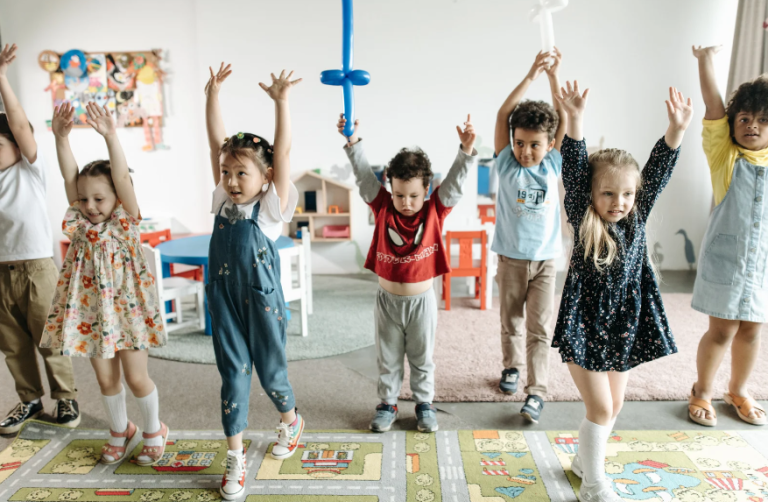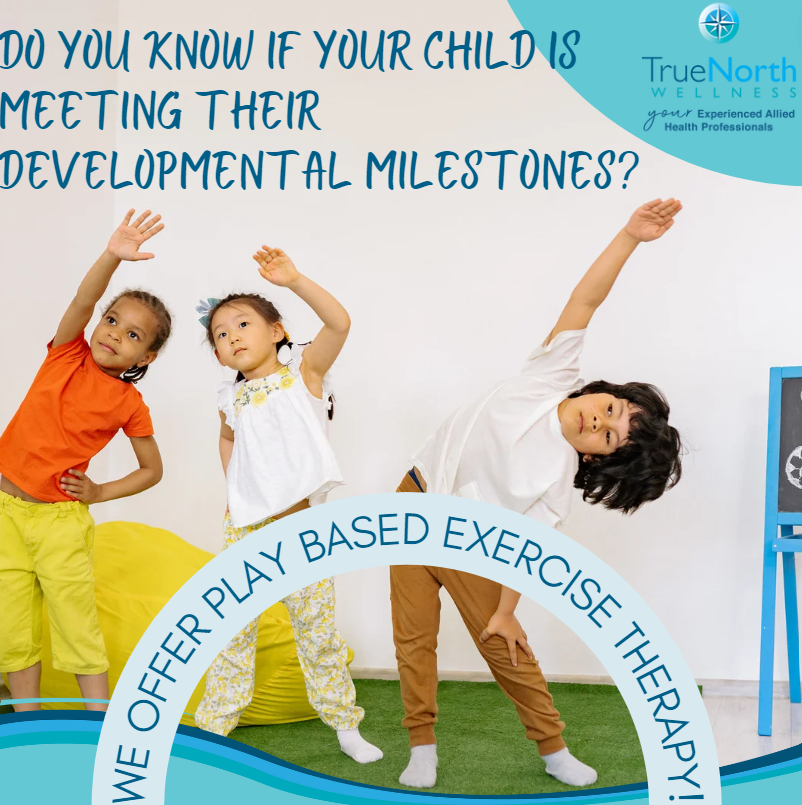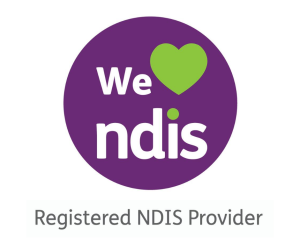
Why you should consider exercise as part of your child's development?
Exercise and physical activity are vital for the physical, mental, and social well being of children. To keep healthy, children should be moving for at least 60 minutes per day. However, less than 1/4 (23%) of children aged 5-14 years are reaching this recommendation. This is a serious problem, as we know that physical activity offers our children a wide range of important developmental benefits, and when adopted early in life, it increases the chances of children maintain an active lifestyle throughout adulthood.
Some more specific benefits include;
- Healthy growth of bones, muscles, ligaments, and tendons
- Boost brain development which enhances academic learning
- Relaxing- improves mental health
- Improves self-esteem and confidence
- Improves social skills enabling them to create friendships and stay involved in the community
- Reduces risk of developing future chronic diseases (reduced risk of obesity)
- Improves gross and fine motor skills
- Improves sleep patterns
- Assists children to develop physical literacy
Importance of Gross Motor Skills
The reduced physical activity levels among our children are often meaning that they are missing major developmental milestones, particularly around gross motor function. Gross motor (physical) skills are those which require whole body movements involving large muscles of the body to perform everyday functions (locomotor skills), including hand eye coordination skills such as throwing, catching, and kicking (object control skills). When children are behind their peers with these gross motor skills, they lose their confidence and are less likely to participate in sports or other social physical activities. This only contributes to the problem and predisposes them to cardiovascular and metabolic conditions later in life, musculoskeletal issues and may affect their brain development.
"Exercise/physical activity should focus on encouraging fundamental movement skills- running, throwing, catching, leaping, kicking, or jumping (Exercise and Sports Science Australia, 2020)".
Our Experienced Practitioners
Our Accredited Exercise Physiologists are professionals specializing in children's health and can provide early, evidence-based interventions to help enhance your child's development and improve their physical literacy. Physical literacy is the knowledge and understanding of how to move you body, the confidence and motivation to move, and the social skills to be active with other people.
We are also qualified to assist children with various complex health conditions such as asthma, ADHD, ASD, childhood obesity, mental health and physical and intellectual disabilities.
Gross Motor Development Assessment
We offer a specialised assessment to determine if your child is meeting their developmental milestones, provide you with feedback and some activities that can be practiced to help improve key areas.
Access the special offer of a 1 hour assessment for $135 *Private health rebates may apply*

Have you heard of Play Based Exercise Therapy?
Play based exercise therapy describes the integration of physical activity and fun and enjoyable activities. This is especially important as if exercise is enjoyable, it will promote engagement, lasting healthy habits, and long-term positive associations. Encouraging "active play" also allows children to interact with one another and begin developing vital gross motor skills naturally.
Is your child supported through NDIS?
At TNW, we are provider's of NDIS services and particularly focus upon helping children with disabilities to exercise in a way that is individualised and suitable for their needs.




